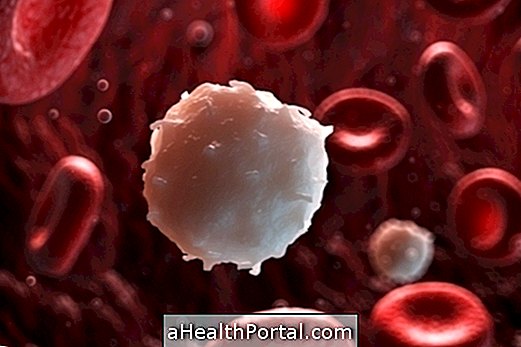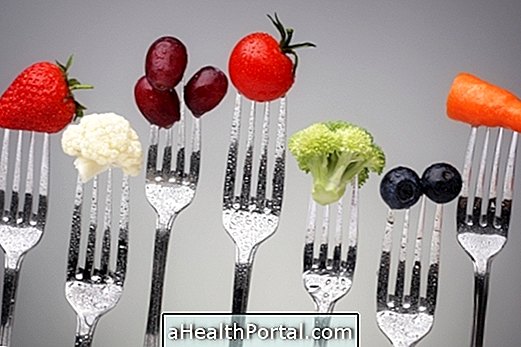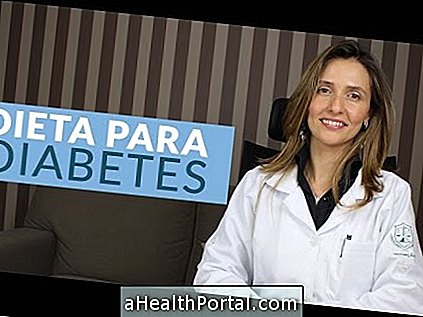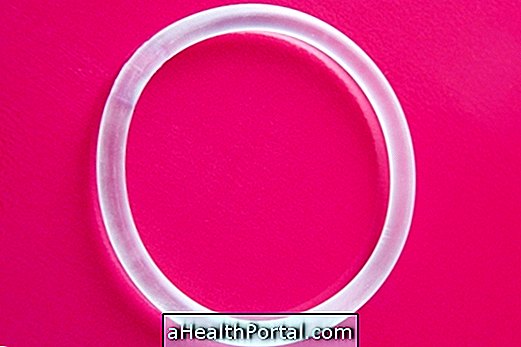In food intolerance the body does not have the enzymes necessary for the correct digestion of food and therefore has difficulties in digesting food and symptoms such as diarrhea, for example.
The foods that cause the most food intolerance are mainly milk and wheat flour, as well as all foods that are made with these ingredients such as cakes, cookies, crackers or bread, for example.
Symptoms of food intolerance
Symptoms of food intolerance are usually abdominal pain, gas and diarrhea. These symptoms usually appear 2 to 3 hours after eating the food that the individual cannot properly digest. The more food you eat, the stronger the symptoms. Learn more about symptoms and diagnosis at: Symptoms of food intolerance.
Can food intolerance be cured?
There is no specific treatment to cure food intolerance, but some patients can achieve a cure when they exclude, for at least 3 months, the food to which they are intolerant. In these cases, when the individual introduces the food back into the diet, he may be able to digest it better, without the symptoms of food intolerance manifesting.
However, this strategy must be guided by a nutritionist or nutrologist, as it only works in some cases, according to the cause of food intolerance. In cases where this strategy does not work, the individual must completely exclude the food to which he is intolerant from the diet, or take enzymes that are able to digest that food throughout his life.
Food intolerance testing
The food intolerance test can be ordered by an allergist and can be done through a blood test to the individual, where the body's response is observed when certain foods are ingested. There are laboratories that can check food intolerance in more than 200 types of food, which is very useful for diagnosis and treatment.
Treatment for food intolerance
The treatment for food intolerance is to remove from the food all foods that are not properly digested by the individual.
For this reason, individuals who have an intolerance to the egg, for example, cannot eat fried egg, boiled egg, or anything that has been prepared with the egg, such as cakes, cookies and pies, which can make their feeding a little difficult. , and for this reason it is important that the doctor or nutritionist indicates which substitutions the individual should make to ensure that his body receives all the necessary nutrients and thus avoid nutritional deficiencies.
In addition, in some cases it may be possible for the patient to take drugs with enzymes that help digest the foods to which they are intolerant.
See too:
Difference between allergy and food intolerance
How to know if it is food intolerance
Was this information helpful?
Yes No
Your opinion is important! Write here how we can improve our text:
Any questions? Click here to be answered.
Email in which you want to receive a reply:
Check the confirmation email we sent you.
Your name:
Reason for visit:
--- Choose your reason --- DiseaseLive betterHelp another personGain knowledge
Are you a health professional?
NoMedicalPharmaceuticalsNurseNutritionistBiomedicalPhysiotherapistBeauticianOther


























